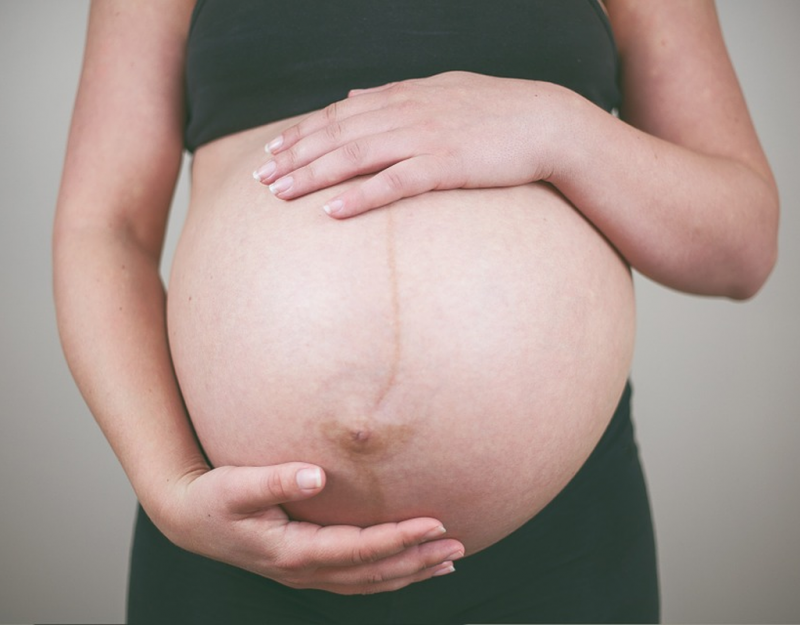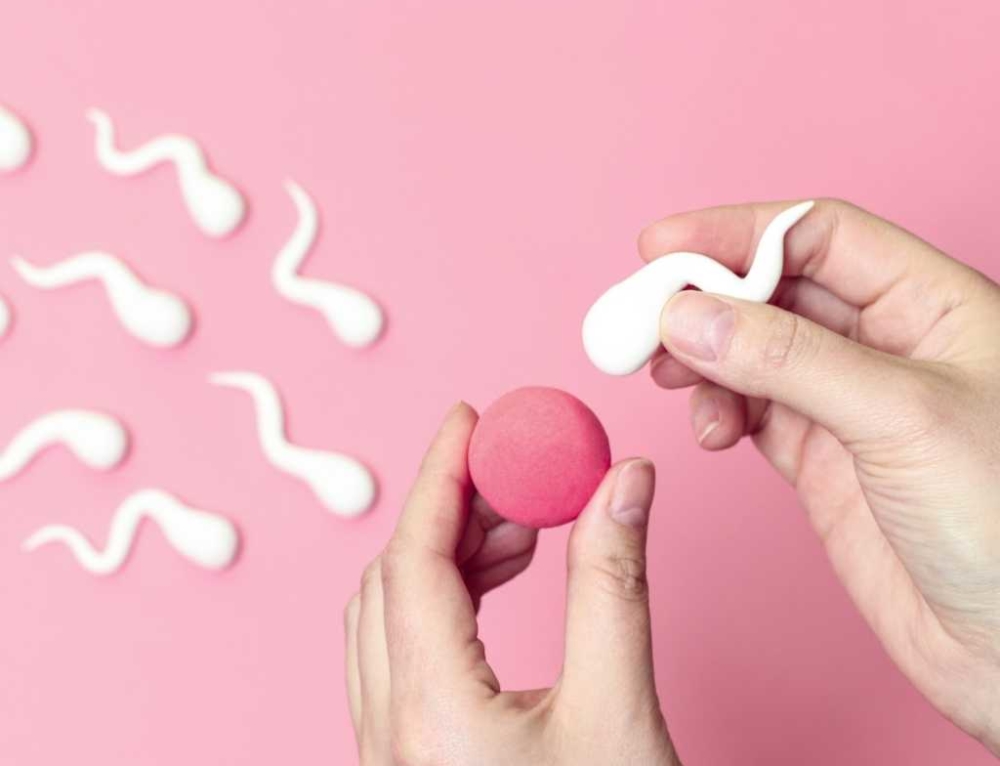Growing a baby is exciting but it can bring a whole lot of niggly ailments which can interfere with your whole wellbeing.
Here are seven of the most common, often unpleasant, ailments, and tips on how you can treat them and when they might require some medical intervention.
Heartburn
This is a very common issue in pregnancy as internal space runs out and your body produces hormones to relax your pelvis – unfortunately it can relax a few other areas, like the valve separating your stomach and oesophagus which causes some reflux and the burning sensation in your chest or throat.
DIY treatment
- Eat little and often rather than big meals.
- Avoid spicy and fatty foods, chocolate and citrus fruits.
- If it’s bad at night, prop yourself up in bed with some extra pillows.
- Chat to your pharmacist to see if any other the counter remedies are suitable.
See the GP or midwife if:
Your heartburn becomes impossible to live with and the over-the-counter medications don’t work.
Haemorrhoids
These are an unpleasant but common side effect of pregnancy. The extra blood pumping around your pregnant body, coupled with the extra weight you’re carrying, can cause veins around your rectum area to swell and dilate, and become painful or uncomfortable.
DIY treatment
- Avoid constipation by keeping up fluids and eating a high-fibre diet. Straining to pass motions is a major cause of haemorrhoids – and, alas, constipation is another extremely common pregnancy ailment.
- Try this natural treatment if you’re experiencing discomfort – soak a large wad of cotton wool in witchhazel and apply to your rectal area.
- Keep up with your pelvic floor exercises to help support your rectum.
- Warm baths are excellent, as are cold packs.
- Talk to your chemist about any over-the-counter remedies suitable for use in pregnancy.
See the GP or midwife if:
- The pain persists and becomes unbearable
- There is any bleeding
Thrush
Pregnant women are 10 times more likely to get thrush. During pregnancy, the vagina becomes rich in a form of glucose named ‘glycogen’, which feeds the growth of the thrush-causing yeast, Candida albicans, making it a perfect environment to create that itchy, uncomfortable condition of thrush. The good news is that there is no evidence that it can harm your unborn baby and while your baby might catch it during birth, it can be easily treated.
DIY treatment
- Wear cotton underwear and avoid tight-fitting pants and stockings.
- This is a suggested natural treatment, although the jury’s out on whether it works – dab natural live, natural yoghurt into and around your vagina.
- Chat to your Lead Maternity Caregiver, GP or pharmacist and do not self-prescribe an over-the-counter thrush treatment.
See the GP or midwife if:
The condition persists or it becomes recurrent.
Swollen ankles, feet and fingers
Eight out of 10 women will experience this side effect during pregnancy. There is so much extra fluid in the tissues of your body during pregnancy and some of it collects in your legs and fingers, particularly towards the end of the pregnancy. It is more noticeable towards the end of the day and usually goes down at night while you sleep.
DIY treatment:
- Get your partner to massage your feet and legs.
- Put your feet up, particularly in the last trimester, as much as you can.
- Avoid standing for long periods.
See the GP or midwife if:
- The swelling is more than slight. Swollen ankles, feet, face and hands can be a sign of pre-eclampsia, a serious pregnancy condition
- Rest does not relieve the swelling
Morning sickness
The cause of morning sickness may still be unknown, but its existence for about 70% of women is very, very real. There are all sorts of self-treatments out there, but their effectiveness varies greatly from woman to woman.
DIY treatment:
- Eat little and often – and always try to get something in your stomach before you actually get out of bed
- Get lots of rest – exhaustion has been linked to morning sickness
- Avoid nausea triggers and spicy and fatty foods
- Investigate natural remedies like acupuncture and acupressure
See the GP or midwife if:
Nothing works, you feel exhausted, or you are vomiting excessively and losing weight. There are medications available for controlling morning sickness that are safe in pregnancy.
Headaches
This common pregnancy complaint is another one which has no known cause but seems to afflict a lot of women, particularly in the first trimester.
DIY treatment:
- Make sure you eat little and often and keep hydrated. Dehydration and hunger are known headache triggers.
- Take time out to rest.
- If you think it’s neck or back related, see an antenatal physiotherapist.
- Try a compress: dampen a flannel with warm water, then place over your eyes and lie down.
- You can take paracetamol when pregnant but are advised to avoid any medications with ibuprofen.
See the GP or midwife if:
- The headache becomes severe and is accompanied by any swelling in the hands and feet, sudden vomiting or blurred vision. This can be a sign of pre-eclampsia, which is a serious pregnancy condition.
- You suffer migraines. Your doctor can advise on a suitable medication.
Itchy skin
As your skin stretches, it’s normal to experience some itchiness, particularly on your bump and breasts. Some women get itchy palms and soles of their feet which is believed to be caused by the spike in oestrogen.
DIY treatment:
- Try an oat bath – grind a cup of oats (porridge variety) into a powder using a food processor or coffee grinder, blend with some water then add to a warm bath.
- Keep your skin moisturised.
- Try to keep cool.
See the GP or midwife if:
The itchiness becomes widespread and includes hands and feet. If this occurs in the third trimester, it could be a sign of a potential serious liver condition called obstetric cholestasis.







Leave A Comment
You must be logged in to post a comment.